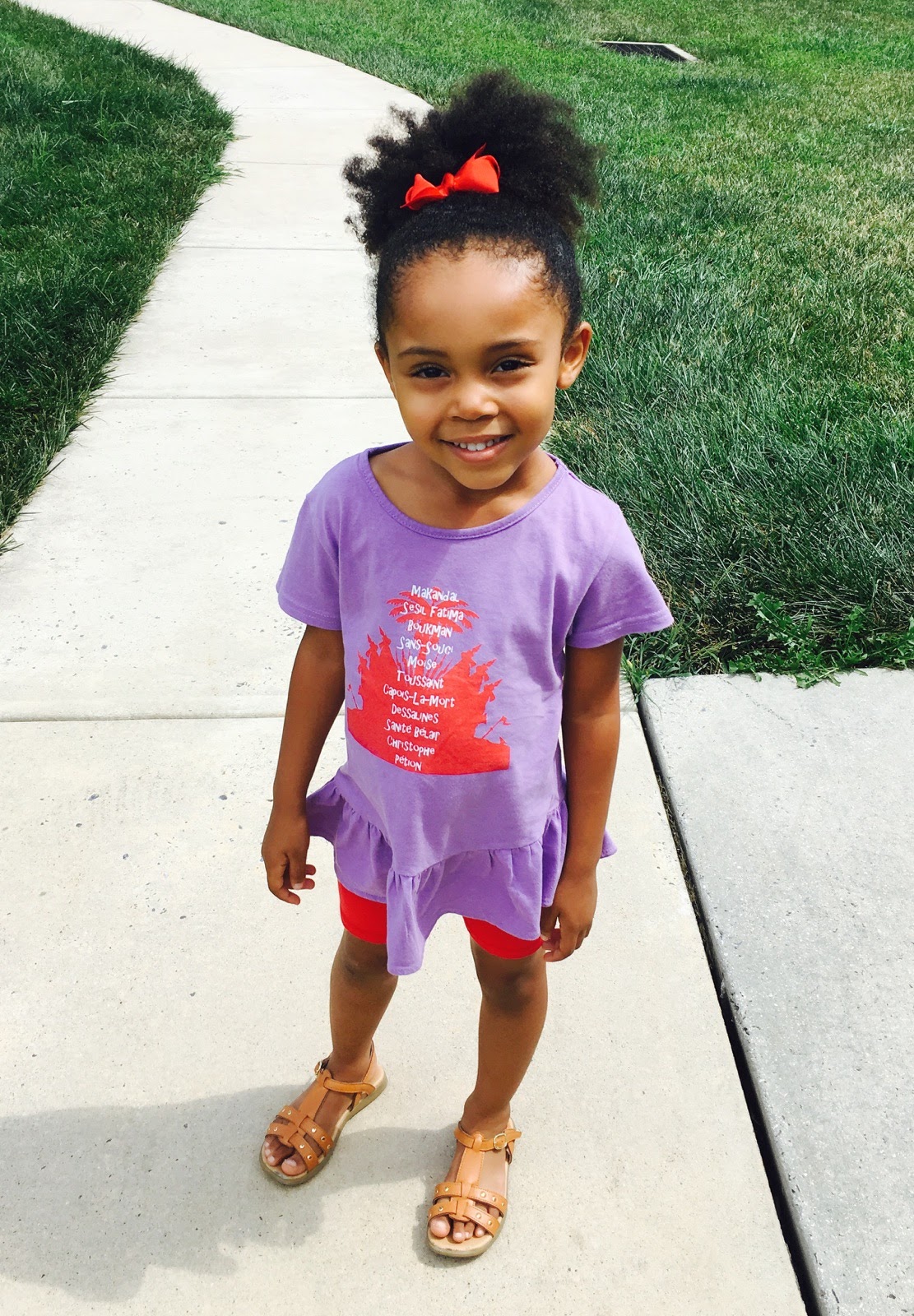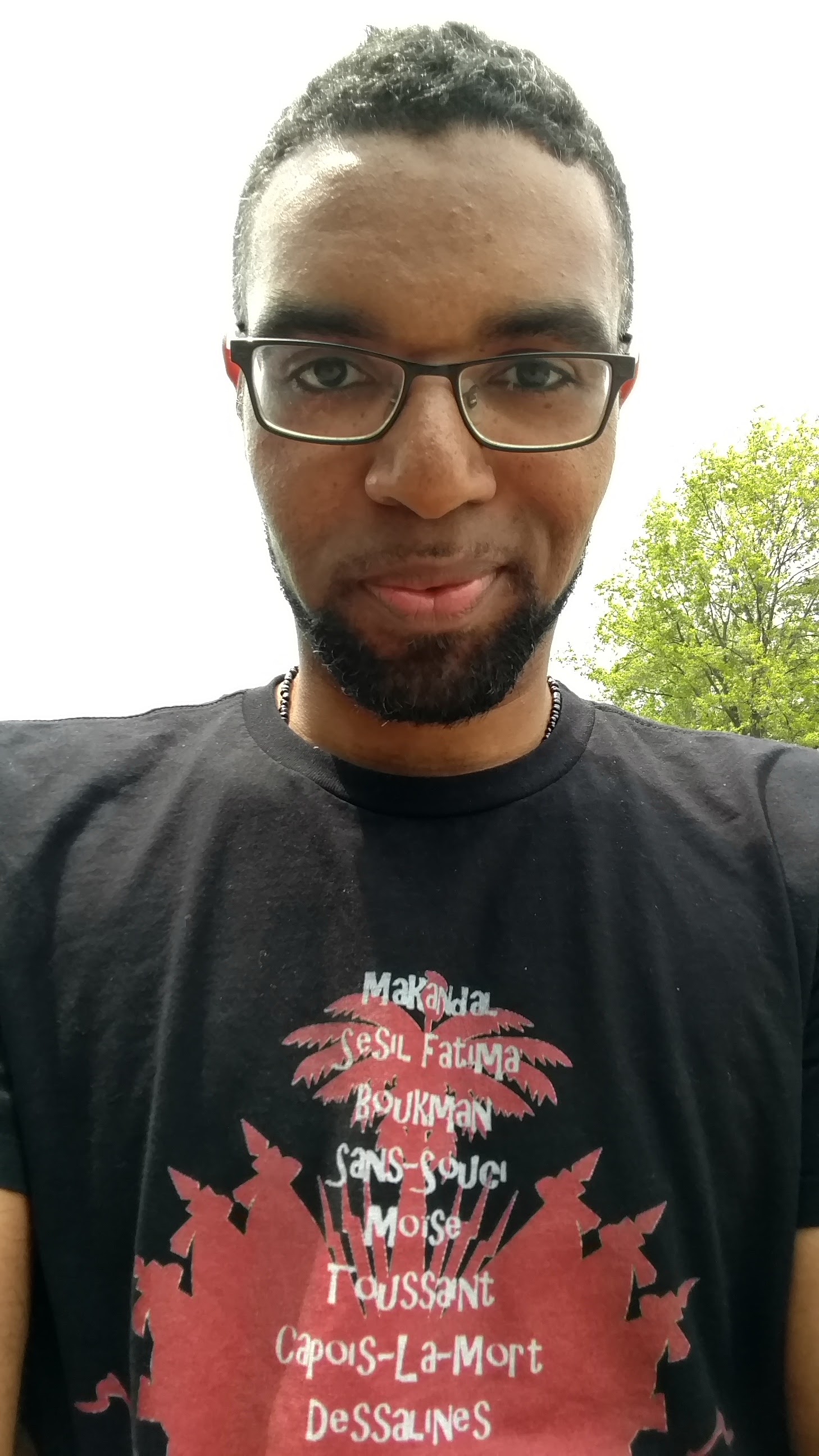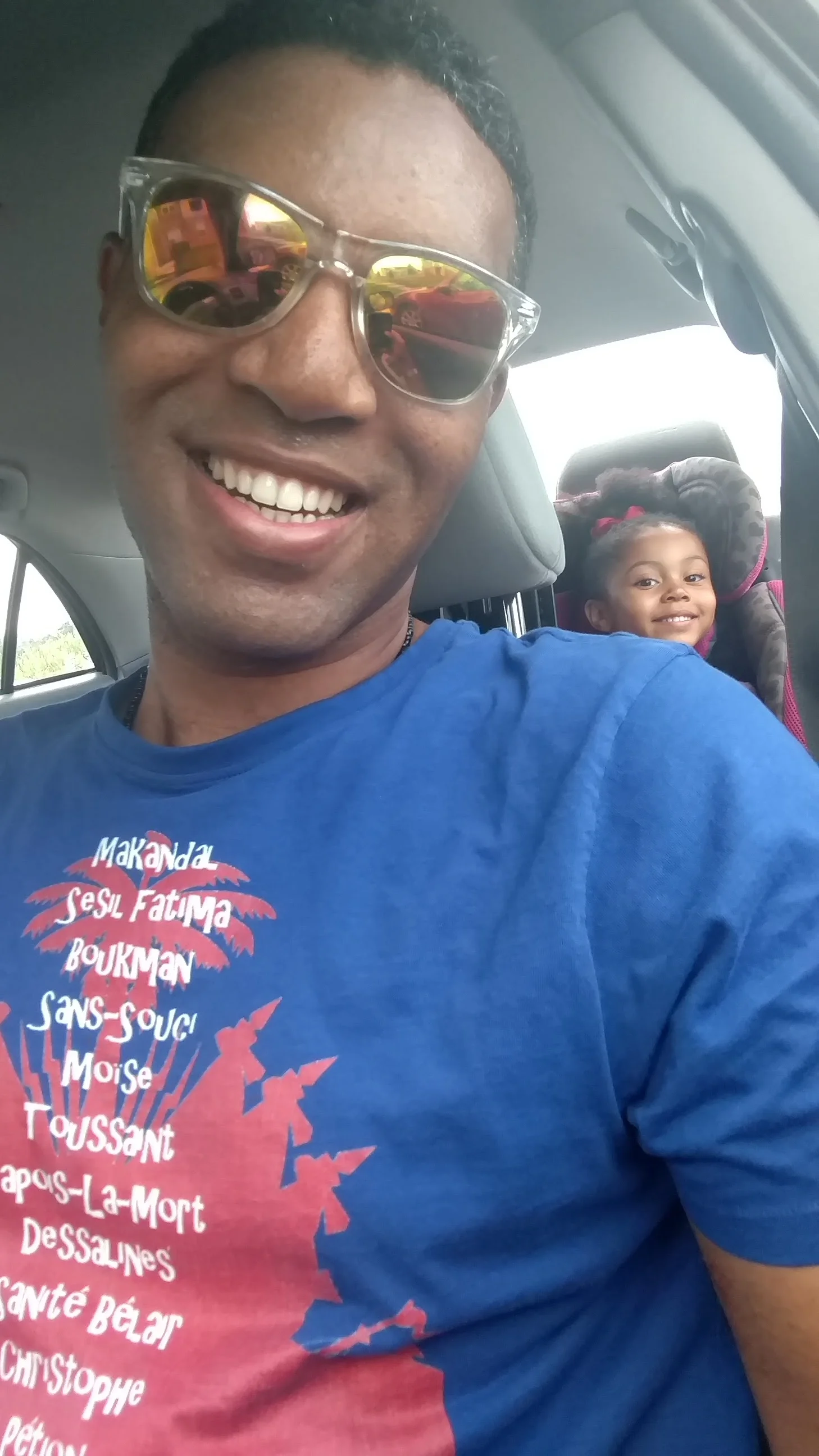In history, it happened sometime between August 14th and August 21st 1791. In living myth, it happens with semi-fluid details colored in by intellectuals, artists, relatives, and praxis. Led by religious leaders Boukman and Sesil Fatima, the oppressed people of what was then called Saint-Domingue gathered for meetings and a ceremony during which they prepared to fight for freedom. We say that this event occurred in the woods of northern Haiti at a place called Bwa Kayiman (or Bois-Caiman).
Like January 1st, this period from August 14th to August 21st is a great time to remember our Ancestors, descendants, and contemporaries while refreshing our sense of being located in the inter-generational work for liberty and our people's lives. The Spirit still demands good works of us.
A few years ago, at a fundraising dinner, I recited a poem that riffed on a 19th century poem by Haitian intellectual Herard Dumesle. The words of Dumesle’s poem are now associated in living myth with the fighting spirit invoked by Sesil Fatima and Boukman, and included a call to discard an image that only thirsted for our tears.
My piece asserts that there are other images that should also be tossed. Images that position us as only victims and slaves without agency or power also “thirst for our tears.” And the ones I reference obscure important truths.
Arrogant, ignorant, would-be “saviors” and open enemies can have their trash back.
***
Li pa kache nan yon nwaj.
Li vle yon figi.
Nou se kote L ap viv.
Bay Li yon bon imaj.
Voye jete imaj ki di ke, “Ayiti te fonde pa esklav yo.”
Li kache verite nan yon nwaj.
Pa gen moun ki fèt esklav.
Lè Ayiti bat Lafrans tout moun te wè libète a nan kè nou.
Voye jete imaj ki di ke, “Ayiti se peyi pi pòv nan emisfè ya.”
Li kache verite.
Li kache konteks.
Li kache koz.
Tout bagay kache nan yon nwaj.
Wi, konpasyon se bon.
Men, gen dèt anpil.
Si nou renmen libète, nou dwe vanjeur Ayiti yo.
Epi sonje pri nan san peye pa jenerasyon Ayisyen yo.
Non yo anpil kache nan yon nwaj.
Tande libète kap pale nan kè nou.
Nou se figi L.
Bay Li yon bon imaj.



